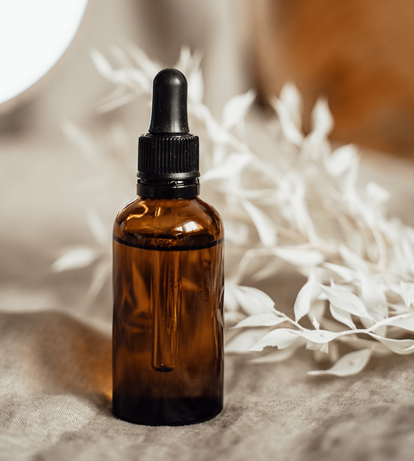From the vibrant markets of ancient Persia to the serene temples of India, essential oils have been an integral part of traditional medicine for millennia. While the world around us has evolved rapidly, this ancient wisdom is now meeting modern science, unveiling the health benefits these oils bring. Before diving deep into the roots of essential oils in traditional medicine, it’s worth noting the present-day advancements and how healthcarebusinesstoday.com highlights their potential in contemporary health practices.
The Foundations of Essential Oils
Origins and Early Uses:
Essential oils, the highly concentrated versions of the natural oils in plants, have been utilized for their therapeutic properties since ancient times. Civilizations such as the Egyptians, Greeks, and Romans heavily relied on these oils for various medicinal, spiritual, and cosmetic purposes.
Extraction Methods:
Traditional methods of oil extraction, such as steam distillation or cold pressing, are still in use today, ensuring the purity and potency of the oil. These processes capture the ‘essence’ of the plant, from which the term ‘essential oil’ originates.
A Glimpse into Traditional Practices
Ayurveda & Essential Oils:
In ancient Indian Ayurvedic practices, essential oils played a pivotal role in balancing the body’s three primary energies or ‘doshas’. Oils like lavender were believed to cool and calm the mind, aiding in balancing the ‘pitta’ dosha.
Traditional Chinese Medicine (TCM):
In TCM, essential oils like sandalwood and frankincense were employed not just for their fragrant properties but also as vital ingredients in many medicinal preparations. They were seen as agents of balance, harmonizing the yin and yang.
Modern Science Validates Ancient Practices
Clinical Studies & Research:
Recent research has reinforced what our ancestors knew all along. Lavender oil has been scientifically proven to induce relaxation, aiding in sleep and stress relief. Peppermint oil, on the other hand, is recognized for its potential to alleviate migraines.
Applications in Contemporary Medicine:
Today, essential oils are making a resurgence in modern medicine, particularly in aromatherapy. Healthcare professionals recognize the psychological and physiological benefits, from pain management to mood enhancement.
Precautions and Safe Use
Despite their natural origin, essential oils are potent. It’s crucial to remember that a little goes a long way. Always dilute essential oils before topical application to avoid skin irritations, and seek expert advice before ingesting any oil.
Conclusion
As we journey from the age-old traditions of our ancestors to the cutting-edge research labs of today, the efficacy of essential oils remains constant. The fusion of ancient wisdom with modern science offers an exciting path forward, ensuring that these potent elixirs continue to play a significant role in our healthcare practices. As always, before making any changes to your health regimen, consult professionals and dive into resources like healthcarebusinesstoday.com for more insights.

